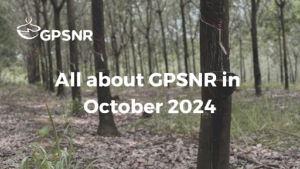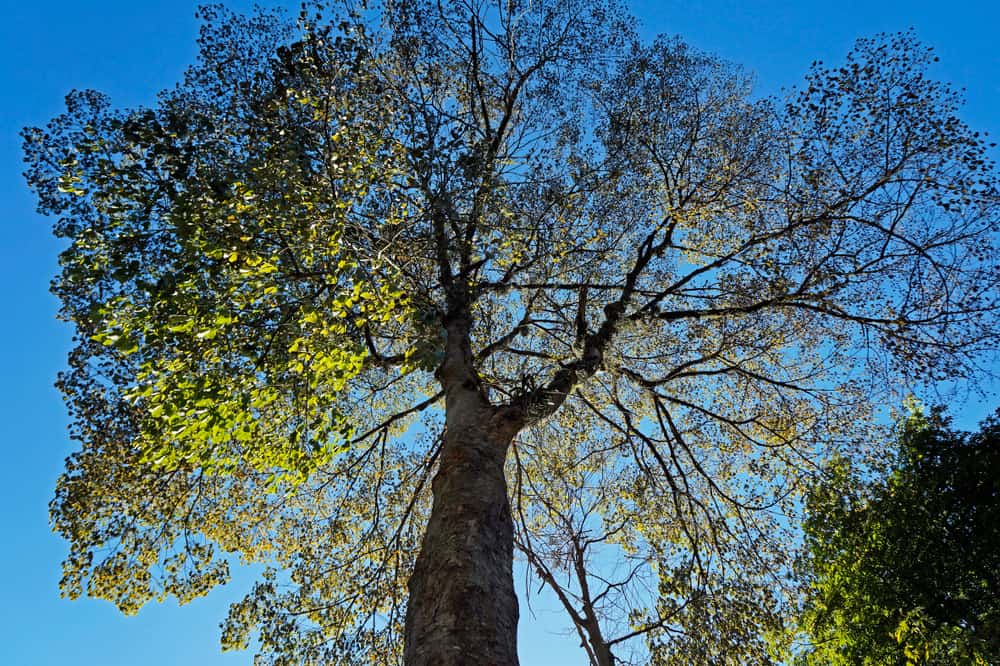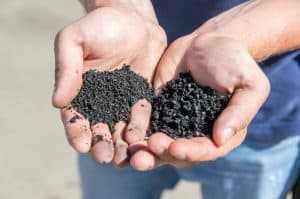
GPSNR Working Groups Update: October 2024
Assurance Model Task Force: The Executive Committee (EC) has reviewed the Assurance Model documents and approved them to be submitted to the General Assembly for a vote. The EC has also identified several topics that will require further discussion and finalisation next year. These include minimum requirements, the mechanism for third-party oversight of assessor accreditation, the format and content of assessment result disclosures, the process for assigning third-party assessors, claims, refinements to the classification system for major non-conformities, and a risk-based approach to assessment scheduling. These topics will be presented for a vote at the 2025 General Assembly. For further context, here is the link to the compilation of feedback on the Assurance Model documents received since June, along with responses and changes made based on these comments: https://rubberplatform.sharepoint.com/:b:/s/GPSNRMembers/EWLmS86xDkxMtce9wKEuLjwByB6hU_QXrROu_XJ9DuK0kA?e=ZYYike
Additionally, the EC has agreed that the first three years of assessments (2027-2029) will be conducted annually, with mandatory public disclosure of a category-level summary of the assessments, while company-level disclosure will be optional for those being assessed.
Smallholders Representation and Capacity Building (SCB) Working Group: 18 members from Ghana were approved this month, with an onboarding call held on 10 October 2024. Additionally, the EC Election Campaign call for smallholders took place on 29 October 2024.
Koltiva submitted the final report for the Indonesia GAP Coaching Project (Phase 2) and delivered a final presentation on 17 October 2024. The third phase of the Indonesia GAP Coaching Project is now underway and is currently in the preparation stage. For the Thailand GAP Coaching Project, Koltiva presented the first full-year project results on 22 October 2024. Meanwhile, RAFs completed training for 1,000 farmers ahead of schedule in the Thailand Agroforestry Project. Furthermore, a curated content list and promotional poster for Rubber Wiki have been created to engage smallholders through the Knowledge Sharing Platform.
Looking ahead, a Pre-GA Webinar for smallholders is scheduled for 18 November 2024, and 10 new Cambodian smallholders have applied for membership and are awaiting approval.
For Capacity Building Projects, SCB WG members are requested to review and provide feedback on the final report for the Indonesia GAP Coaching Project (Phase 2) by 28 October 2024. Koltiva will also submit agricultural calendars and training materials for the third phase of this project for SCB WG review by the same date. For the Thailand GAP Coaching Project, Koltiva is revising the full-year review report based on feedback from SCB WG members. Additionally, the Project Management Subgroup will hold its kick-off meeting on 23 October 2024.
Shared Responsibility Working Group: The Shared Investment Panel (SIP) has officially been established following approval from the GPSNR Executive Committee.
The Secretariat is continuing to support the implementation of the Shared Investment Mechanism, with the Project Management Subgroup currently reviewing the proposals received. The SIP will select its co-chairs and plans to hold its kick-off meeting early next month.
Regarding the Value Transfer mechanism, the Executive Committee will form a task force with one representative from each ordinary member category. This task force will work on the next steps to finalise a revised proposal, with the aim to present it at the in-person meeting in February 2025.





